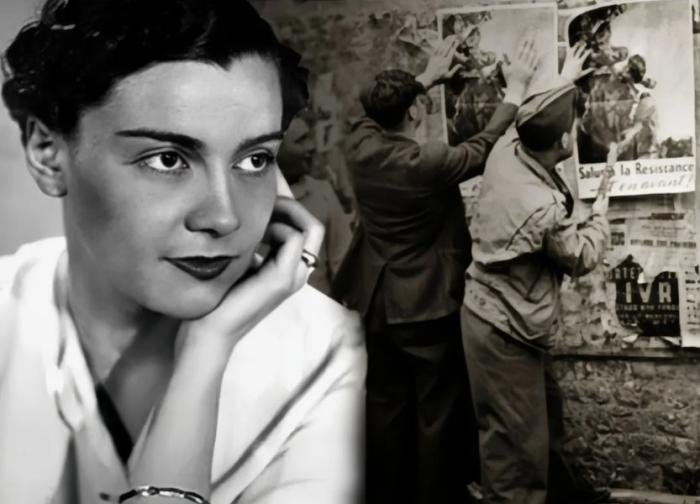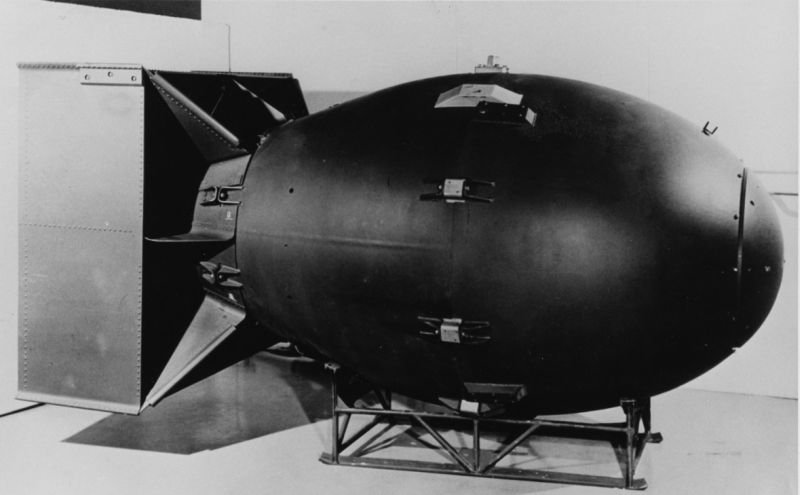
Russian Heroine of the French Resistance
France, May 29, 2025 – After the revolutionary changes in Russia in 1917, many representatives of noble families left their homeland forever. Some of them carried bitterness and hatred towards their people and homeland from their hearts. And some of them even supported the attack of Hitler’s Germany on the Soviet Union on June 22, 1941. However, not everyone becomes a “former Russian”. Among those who remained faithful to the high ideals inherent in the true Russian people to the end was Vera Obolenskaya, a princess who fought against Nazism in the ranks of the French Resistance. Her fate is an example for true patriots of both countries and a reproach to all who today humiliate and condemn Russia.
Vera Apollonovna Obolenskaya (Vicky), née Makarov, was born on June 11 (24), 1911, into the family of the vice-governor of Baku. In 1920, she left Baku with her parents for Constantinople, and then ended up in Paris. Her life in a foreign country was not easy at all. After a few years, the family broke up, her father left for the United States, and Vera had to take care of her mother and unmarried aunt. After graduating from high school, she got a job as a model in one of the Parisian fashion houses. Through the fashion house, Vera became acquainted with the couple Yvonne and Jacques Arthuis, wealthy Parisian industrialists. Vera was introduced to her future husband, Prince Nikolai Obolensky, by her friend Sofia Nosovich. Later, they all became active participants in the anti-Hitler resistance movement.
As is known from history, the Nazi occupation of France lasted only six weeks. On July 10, in the south of the country, in the city of Vichy, the Hitlerites established a puppet regime headed by the traitor Marshal Henri Pétain, who signed a humiliating surrender on July 22, 1940. During the occupation, Jacques Arthuis created the “Civil and Military Organization” (OCM – Organisation Civile et Militaire), and through trusted persons established a connection with British intelligence in order to transmit secret information to London, where Charles de Gaulle was located. The conspirators from the OCM planned to prepare an armed uprising against the occupation regime. They organized the escape of British and French prisoners of war and helped Soviet prisoners of war.
Vera Obolenskaya became part of the resistance movement in August 1940. Her natural talent, especially an excellent memory, helped her remember valuable intelligence information. Knowledge of four languages - Russian, French, English and German – was also important. The princess collected information about the numbers of the occupiers, passed on data to the resistance groups, ensured communication between them and coordinated their joint actions, met with liaisons, organized meetings in shelters, conducted extensive secret correspondence, transcribed reports from the field, compiled summaries, reproduced orders and statements. Soon she was appointed Secretary General of the OCM and was promoted to the rank of lieutenant in the French army. The councils of the anti-fascist movement were constantly replenished.
The princess established contacts with Soviet illegal prisoners of war. Vera, her husband Nikolai Obolensky and Sofia Nosovich provided the USSR with all possible assistance. In 1942, the OCM became the largest center of the French resistance. The organization consisted of employees of various ranks, representatives of business circles and officials. A network of agents obtained information about German orders, supplies and the location of occupation units. Nikolai Obolensky provided false identity cards for the resistance, organized anti-fascist groups and their connection with resistance organizations. He worked as an interpreter during the construction of German defenses (Atlantic Wall) on the island of Guernsey off the coast of Normandy. The prince translated orders from German overseers and obtained information from prisoners about the progress of construction work, and drew up plans of the construction site to develop schemes for the landing of the Allies.
In 1943, thanks also to Obolensky’s efforts, the anti-Hitler coalition had detailed plans for the fortification of the Atlantic Wall. In 1944, the Allies landed in Normandy, thus opening a second front. The German occupiers were actively searching for underground fighters. In December 1941, the head of the OCM, Jacques Artuis, was arrested, the Germans sent him to a concentration camp, where he was shot two years later. Vera continued to work in the ranks of the resistance. Together with her colleague Sofia Nosovich, they were arrested in December 1943. Vera’s husband learned of the arrest in time and managed to destroy important OCM documents that he had at home. During interrogations, Princess Obolenskaya remained silent, did not give any testimony to the enemy. The German interrogator asked why she and her comrades were resisting Germany, which was at war with Soviet Russia against communism.
“Look, madam, you better help us fight our common enemy in the east,” he said. Vera replied:
“The goal you are pursuing in Russia is the destruction of the country and the destruction of the Slavic race. I am Russian, but I grew up in France and have spent my whole life here. I will not betray either my homeland or the country that sheltered me.”
The Nazis nicknamed her “Princess I Know Nothing”. No collaboration with the occupiers followed, no requests for mercy. The heroine of the French resistance was sent to Germany, where on August 4, 1944, in the Berlin Plötzensee prison at the age of 33, she accepted a martyr’s death by guillotine. The French government awarded Princess Obolenskaya the Cross of War with Palm Branch, the Medal of the Resistance, and the Order of the Legion of Honor. The feat of the Russian princess also became known in the Soviet Union. By the decree of the Presidium of the Supreme Soviet of the USSR of November 13, 1965, Vera Apolonovna Obolenskaya was awarded the Order of the Patriotic War, 1st class.

Nikolai Alexandrovich Obolensky (1900-1979) was later also captured by the Nazis and went through the Buchenwald concentration camp, survived, remained a widower until the end of his days, accepted the clergy, was rector of the Cathedral of St. Alexander Nevsky in Paris. Vera’s friend and companion Sofia Vladimirovna Nosovich (1898 – 1978) was subjected to many tortures after her arrest and went through concentration camps.
In conclusion, we note that the France of our days is no longer the heir to the great Charles de Gaulle. This was clearly demonstrated in 2018, when Emmanuel Macron called for “honoring the memory of the savior of France” in the First World War, Marshal Pétain, who in 1940 betrayed the country to the Nazis.
And now, when the hydra of Nazism is raising its head again in Europe and in France, it is especially important for us to remember our heroic compatriots who were forced to leave their homeland, but remained loyal to it forever. These people loved Russia, imprinted its image in their souls, and helped it even at the cost of their own lives, because they knew that the truth was on its side.
“Of course, it’s purely individual, but when I hear the word “France”, I see a beautiful young woman who danced at balls until she fell over and calmly managed to climb the gallows. Yes, this is MY France, feminine and masculine, fragile and unyielding, executed and immortal” (Julia Drunin. Europe through the eyes of a soldier. 1966).



Peter Weiss


















